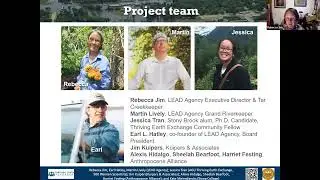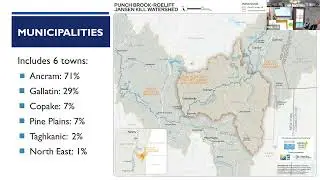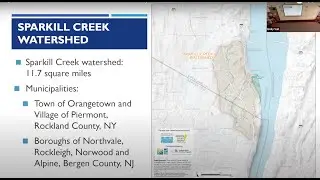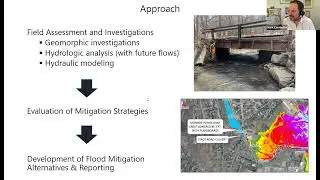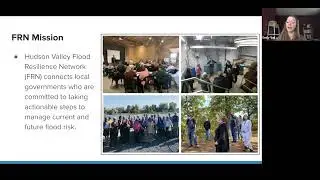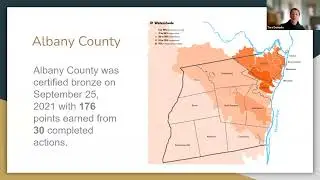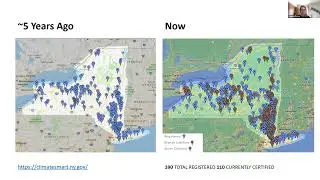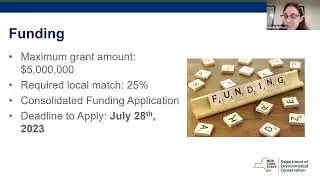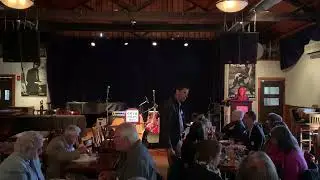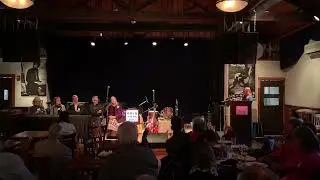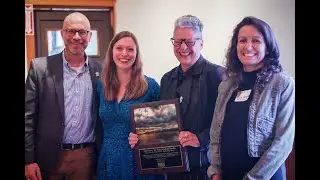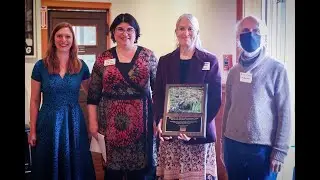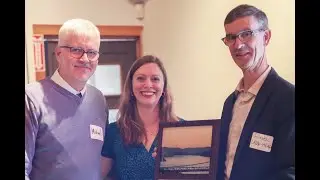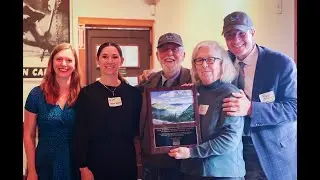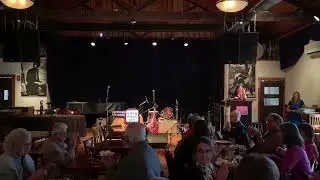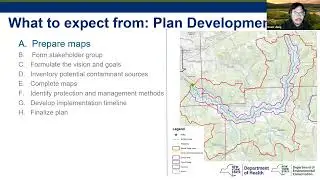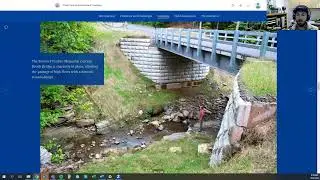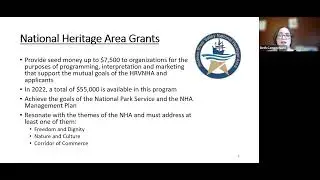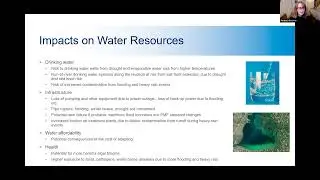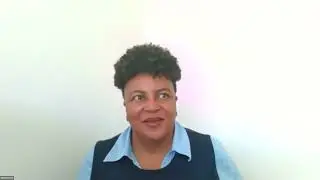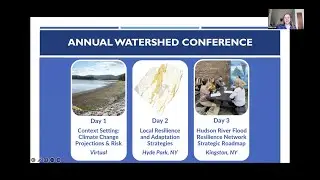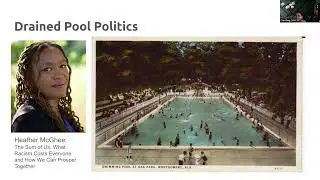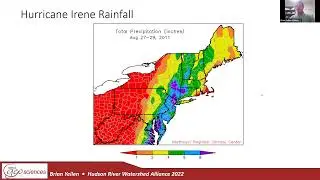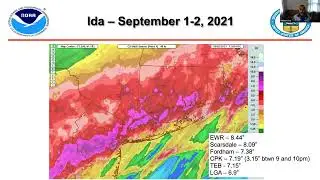Breakfast Lecture: Technical Assistance for Climate Smart Communities Water Actions
Hudson River Watershed Alliance’s fall 2023 breakfast lecture series focuses on water and watershed-related Climate Smart Communities case studies. Climate Smart Communities (CSC) is a New York State program that helps local governments take action to reduce greenhouse gas emissions and adapt to a changing climate. The CSC certification program includes a wide range of actions, and municipalities can receive points for many different types of water-related projects.
Tara Donadio from Capital District Regional Planning Commission and Liz Sun and Lauren Bunce from Hudson Valley Regional Council shared opportunities for municipalities to receive technical assistance from their programs in support of Climate Smart Communities certification points. Tara provided case studies of Climate Smart Communities projects from Albany County and the Village of Kinderhook, including green infrastructure, water smart landscaping, and water conservation and reuse program. Lauren and Liz described additional programs available that align with Climate Smart Communities, including the Drinking Water Source Protection Program (DWSP2).
Our breakfast lectures are held as webinars via Zoom on the 2nd Thursday of every month from 8:30-9:30 am. Save the dates for November 9 and December 14.
Links shared during the presentation:
NYS Climate Smart Communities Program: https://climatesmart.ny.gov/
Climate Smart Communities Certification Actions: https://climatesmart.ny.gov/actions-c...
Hudson River Watershed Alliance's Annual Watershed Conference: https://hudsonwatershed.org/2023-annu...
Hudson Valley Flood Resilience Network: https://www.hvfloodresiliencenetwork....
Our breakfast lectures are held as webinars via Zoom on the 2nd Thursday of every month from 8:30-9:30 am. In addition to September 14, save the dates for October 12, November 9, and December 14.
This program is organized by the Hudson River Watershed Alliance in partnership with the Hudson Valley Regional Council, and supported by funding from the Hudson River Estuary Program, New York State Department of Environmental Conservation, with support from the New York State Environmental Protection Fund, in cooperation with NEIWPCC.
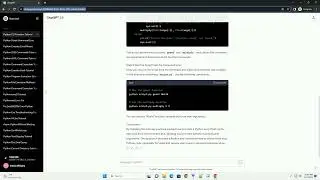
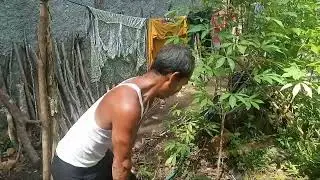
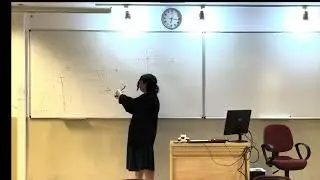
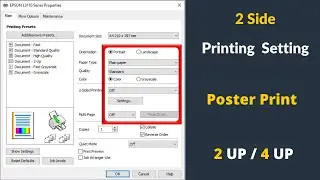
![Kingdom Come Deliverance Find something to help the insomniac fall asleep [HOW TO]](https://images.mixrolikus.cc/video/o0ldyBM1SXI)



